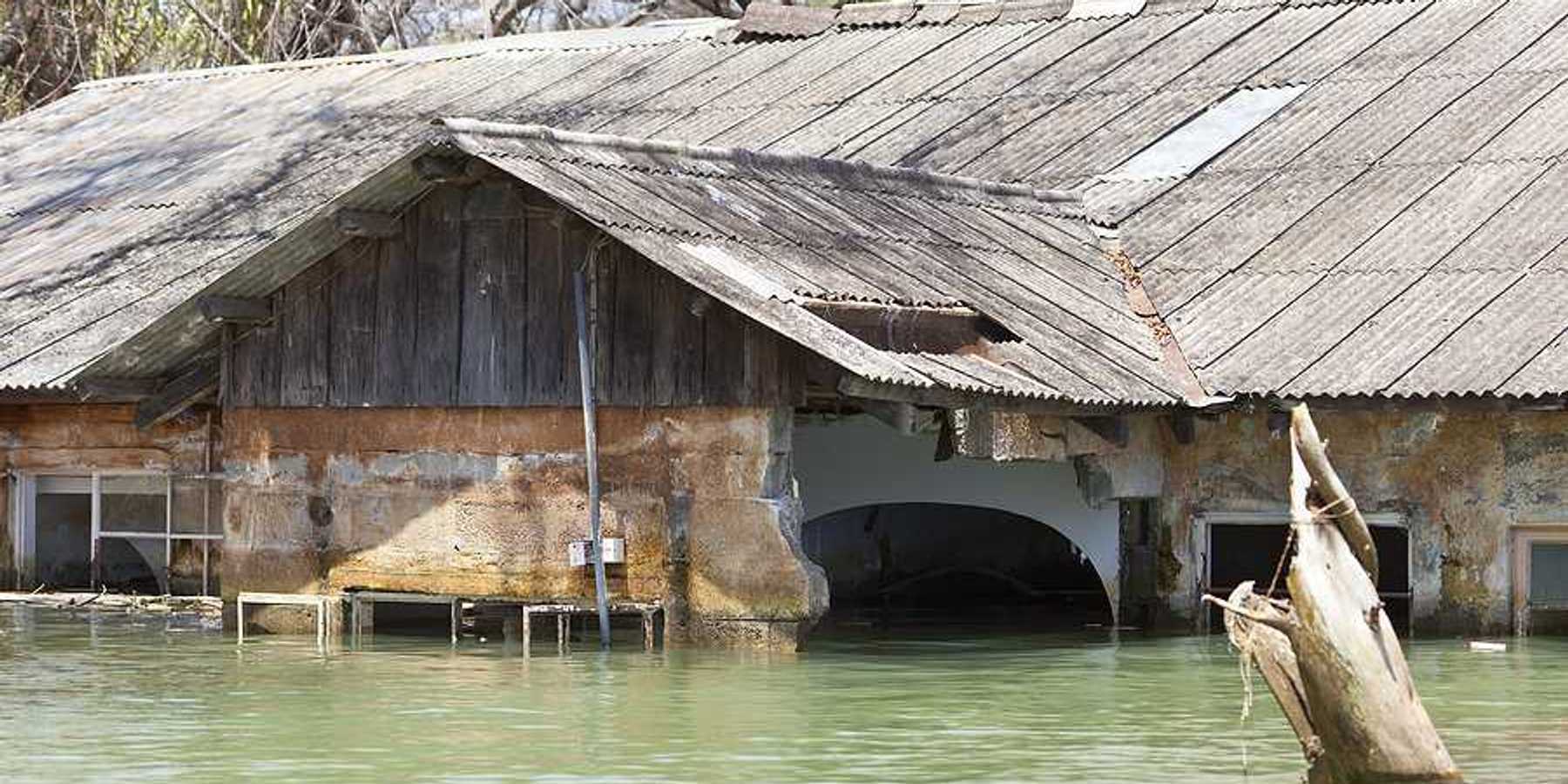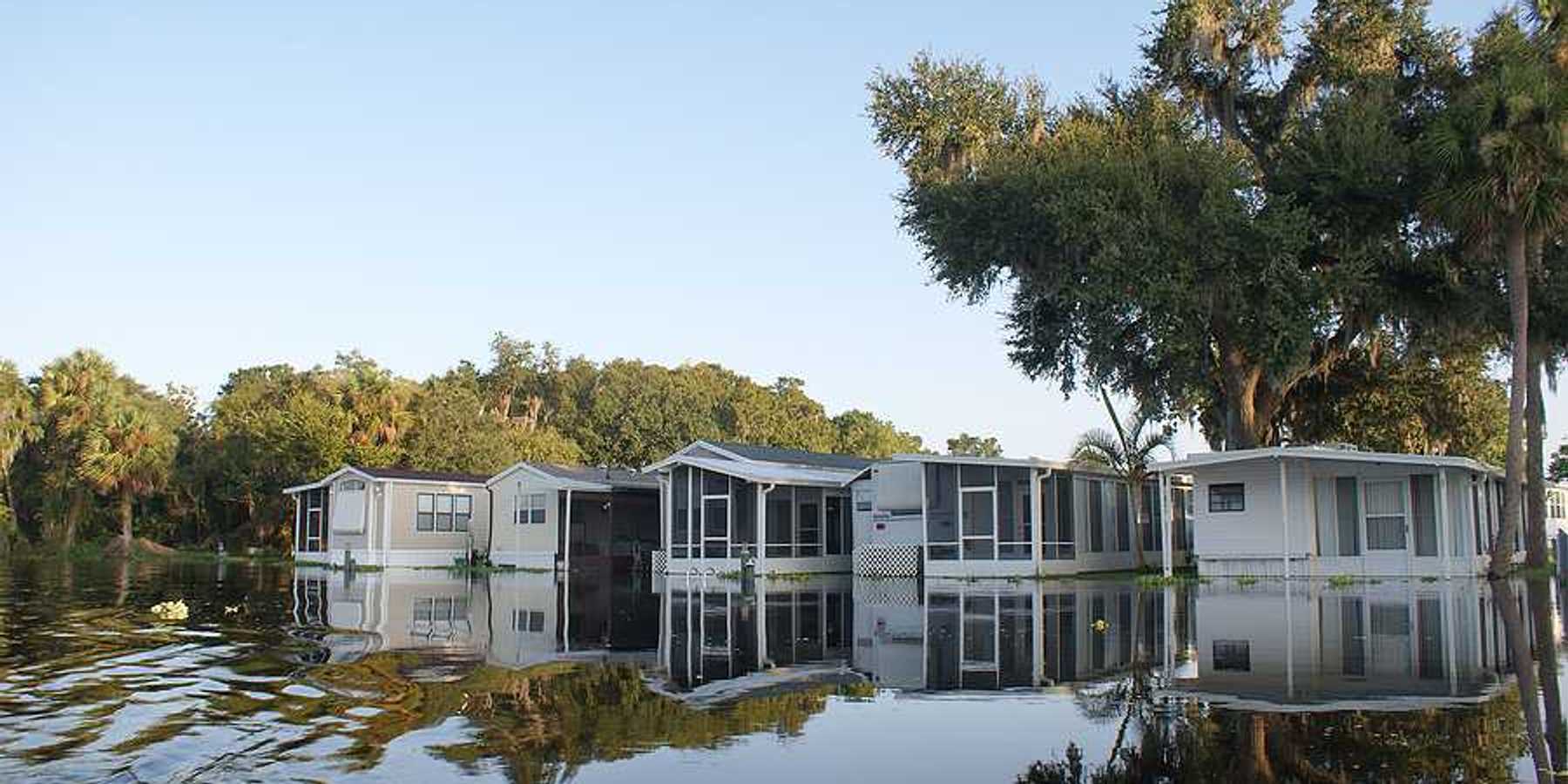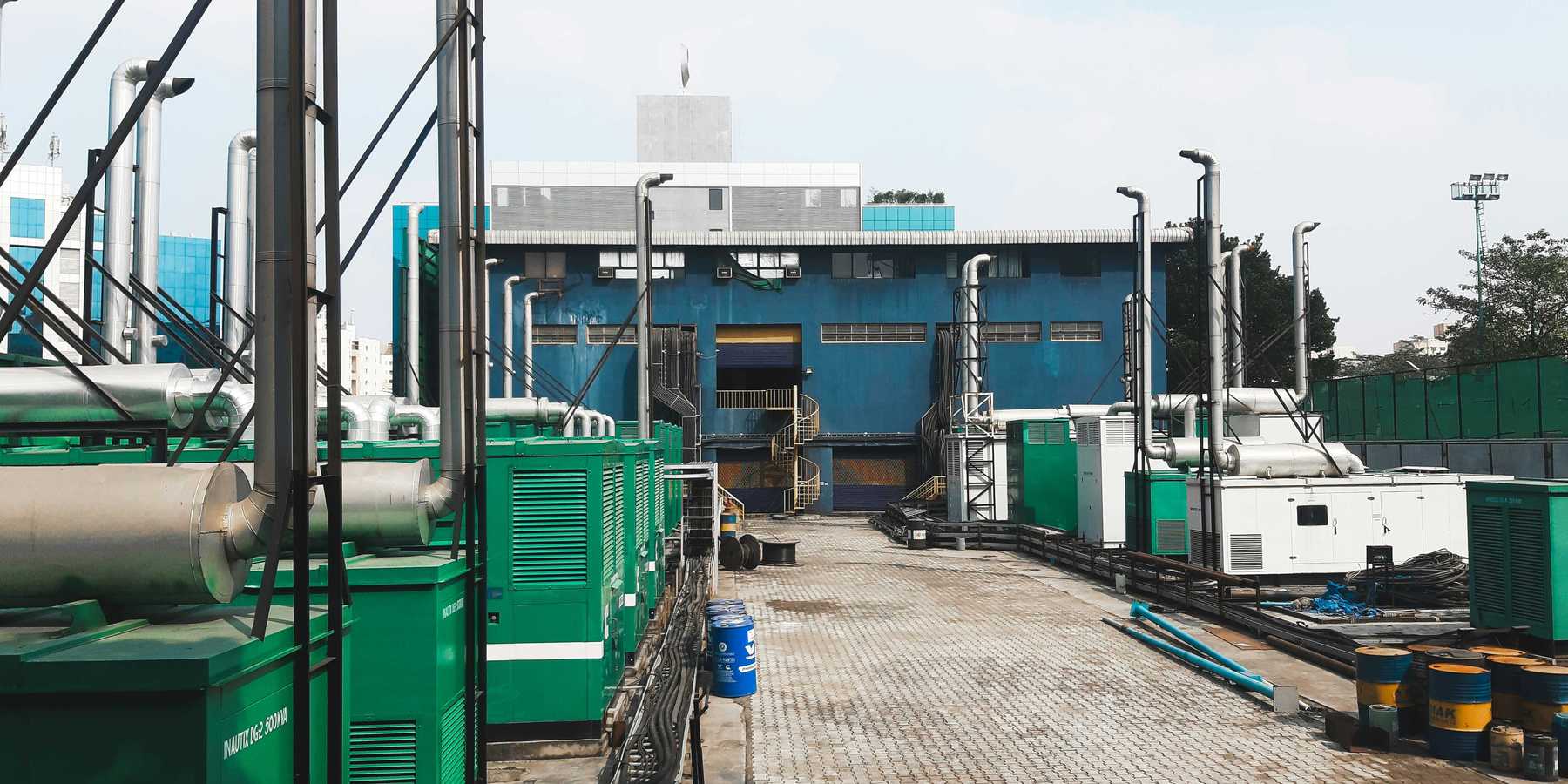Lithium mining poses risks to Indigenous cultures and environments in Argentina
In the arid terrains of northern Argentina, Indigenous communities face a looming threat from lithium mining that jeopardizes their water sources, culture, and traditional way of life.
Megan Janetsky, Victor R. Caivano, and Rodrigo Abd report for The Associated Press.
In short:
- Indigenous communities in the "lithium triangle" of Argentina, Chile, and Bolivia risk losing their cultural heritage and essential water sources to lithium mining.
- As the global demand for lithium, crucial for green technologies, skyrockets, native people worry about the environmental and cultural costs.
- Legal and environmental battles intensify as local governments and mining companies push for lithium extraction, overshadowing Indigenous rights and ecological concerns.
Key quote:
"We will lose everything. What will we do if we don’t have water? If the mines come, we’ll lose our culture, we won’t be left with anything."
— Irene Leonor Flores de Callata, resident of Tusaquillas
Why this matters:
Companies and the Argentine government tout the economic benefits of lithium mining, including job creation and a stake in the burgeoning renewable energy market. Yet the challenge remains to ensure that the rush for "white gold" does not lead to exploitation and environmental degradation.
In push to mine for minerals, clean energy advocates ask what going green really means.













